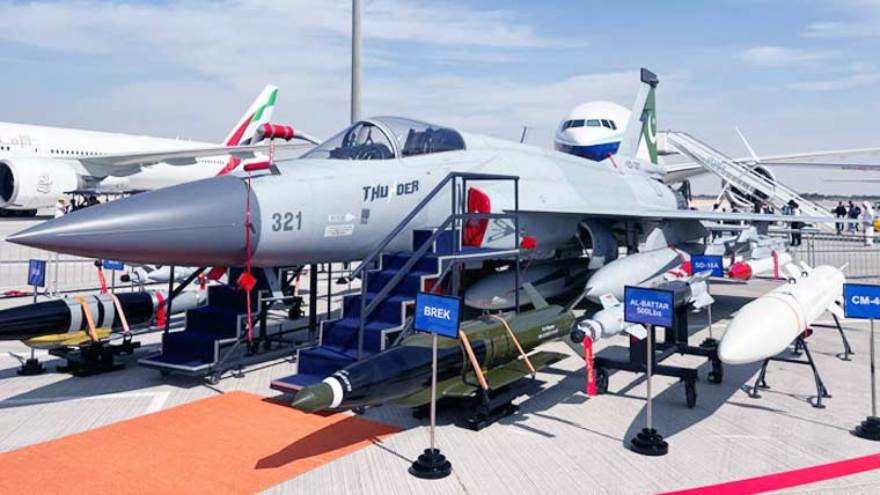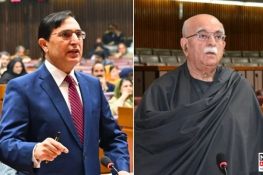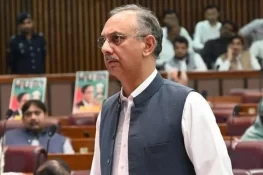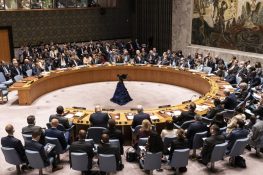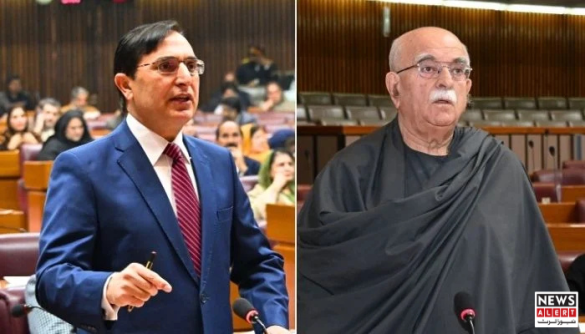Rising Global Interest in the JF-17 Program
Pakistan has signed a memorandum of understanding (MoU) with a friendly country for the purchase of JF-17 Thunder aircraft. The agreement took place at the Dubai Airshow 2025, a key global event where major aviation and defence companies present their latest technologies. The show attracts thousands of delegates and industry leaders from more than 90 countries.
A Pakistan Air Force (PAF) contingent is currently in the United Arab Emirates for the exhibition. The team brought the newest JF-17 Block III, which introduced upgraded avionics and stronger combat capability. The aircraft drew steady attention from foreign visitors throughout the event.
Block III Variant Captures Attention
The JF-17 Block III stood out because of its improved design and advanced features. Defence officials and aviation analysts praised the aircraft’s performance during flight displays. Many highlighted its AESA radar, modern cockpit layout, and wider range of weapons.
The aircraft comes from a long-running joint effort between Pakistan Aeronautical Complex (PAC) and China’s Chengdu Aircraft Corporation. Engineers developed the platform to offer modern capability at a lower cost. This approach has made it attractive to countries that want strong air power without heavy spending.
Delegates from several regions visited the PAF stand to study the aircraft. Many asked about its operational history, maintenance needs, and upgrade plans. Their interest showed that the marketplace is watching the JF-17’s progress closely.
MoU Marks a New Phase in Defence Cooperation
According to the PAF, the MoU with a friendly nation reflects deeper defence ties. Officials did not name the country, but they described the relationship as long-standing and trusted. The agreement signals confidence in Pakistan’s defence manufacturing sector, which continues to expand its presence in global markets.
The JF-17 has already reached Nigeria and Myanmar, and other states have held talks with Pakistan in recent years. Countries such as Iraq, Azerbaijan, and Malaysia have reviewed the aircraft’s performance, although no final contracts emerged. The new MoU may encourage them to revisit earlier discussions.
If this understanding moves to a full sale, it will strengthen Pakistan’s position as a producer of affordable, modern fighter jets.
Combat Use Strengthens the Aircraft’s Reputation
PAF officials say the JF-17 gained credibility through real operations. The aircraft has flown both defensive and patrol missions inside Pakistan’s borders. Its performance during high-tension moments, including the 2019 aerial clash with India, continues to shape its image. Pakistan claims the aircraft played a key role during that engagement, a point that often comes up in international conversations. India disputes those claims, but the incident still raised the aircraft’s profile.
The Block III variant adds several improvements:
-
A helmet-mounted display
-
Longer-range air-to-air missiles
-
Better situational awareness tools
-
Higher payload capacity
These upgrades help the aircraft compete against more expensive fighters in the same class.
Boost for Pakistan’s Defence Industry
Pakistan sees the JF-17 program as a cornerstone of its defence ambitions. PAC Kamra now builds most of the aircraft’s structure and oversees final assembly. This work supports local jobs and trains new technicians. Larger export orders could also support research for future variants, including the potential Block IV upgrade.
Defence officials hope that more global exposure will create new opportunities. They view the Dubai Airshow as an important platform for that effort.
Looking Ahead
The MoU marks a significant moment for Pakistan’s aviation industry. It reflects both the aircraft’s technical evolution and the country’s growing defence diplomacy. As the Dubai Airshow continues, further discussions with foreign delegations are expected.

